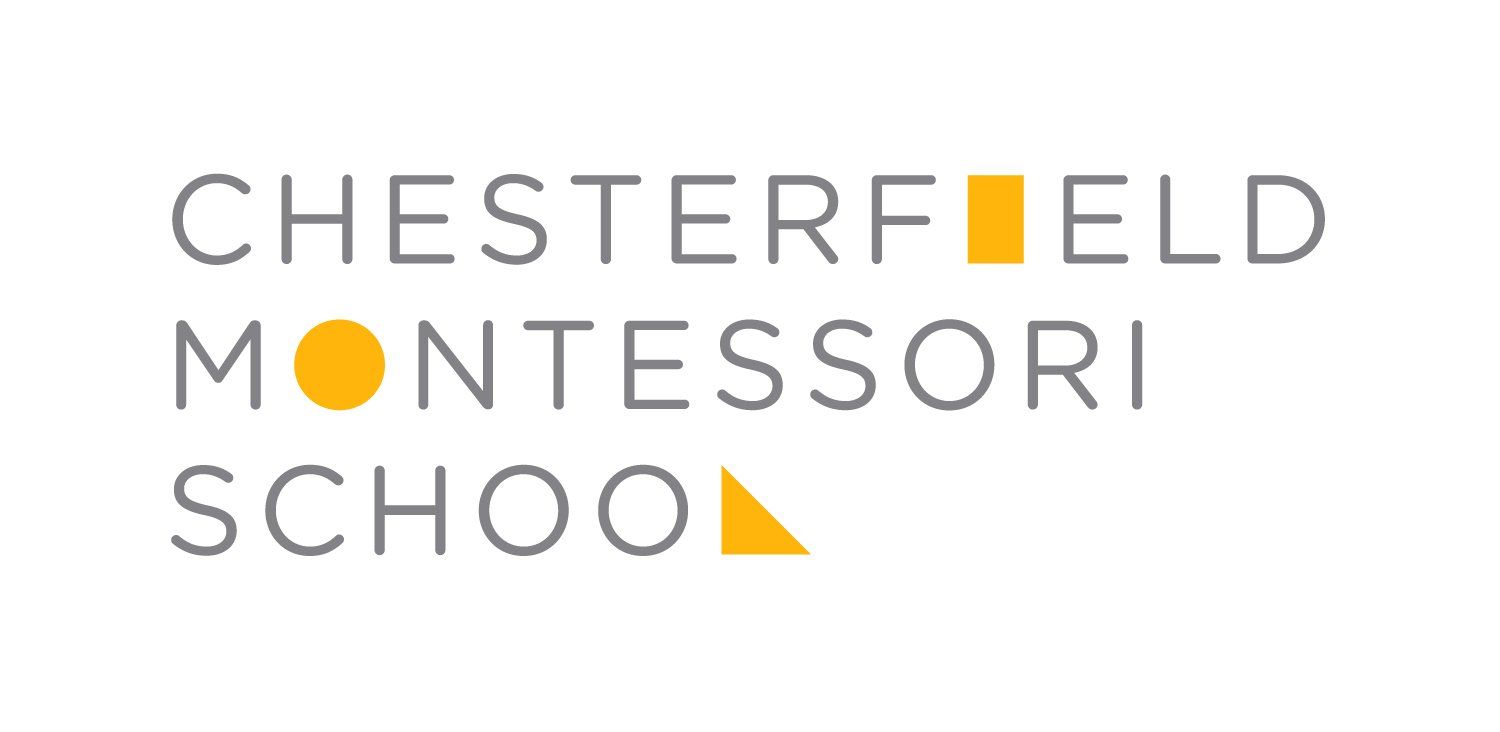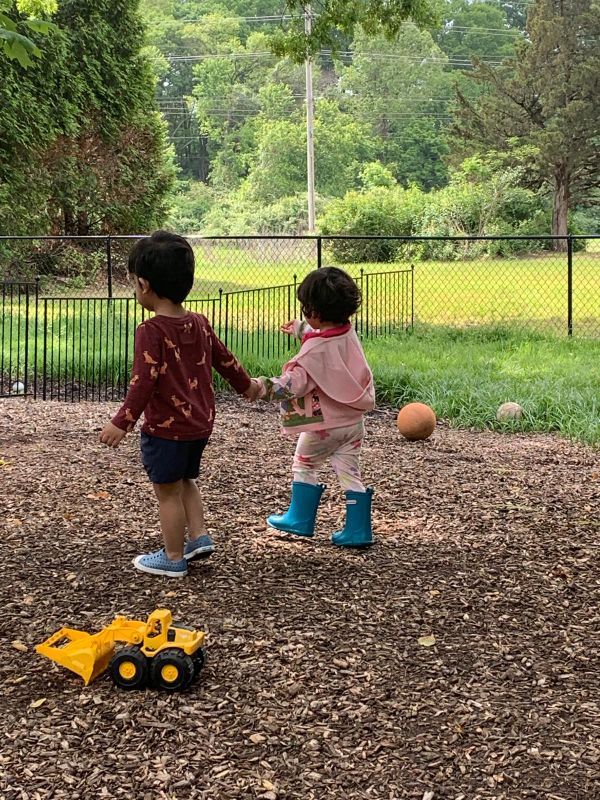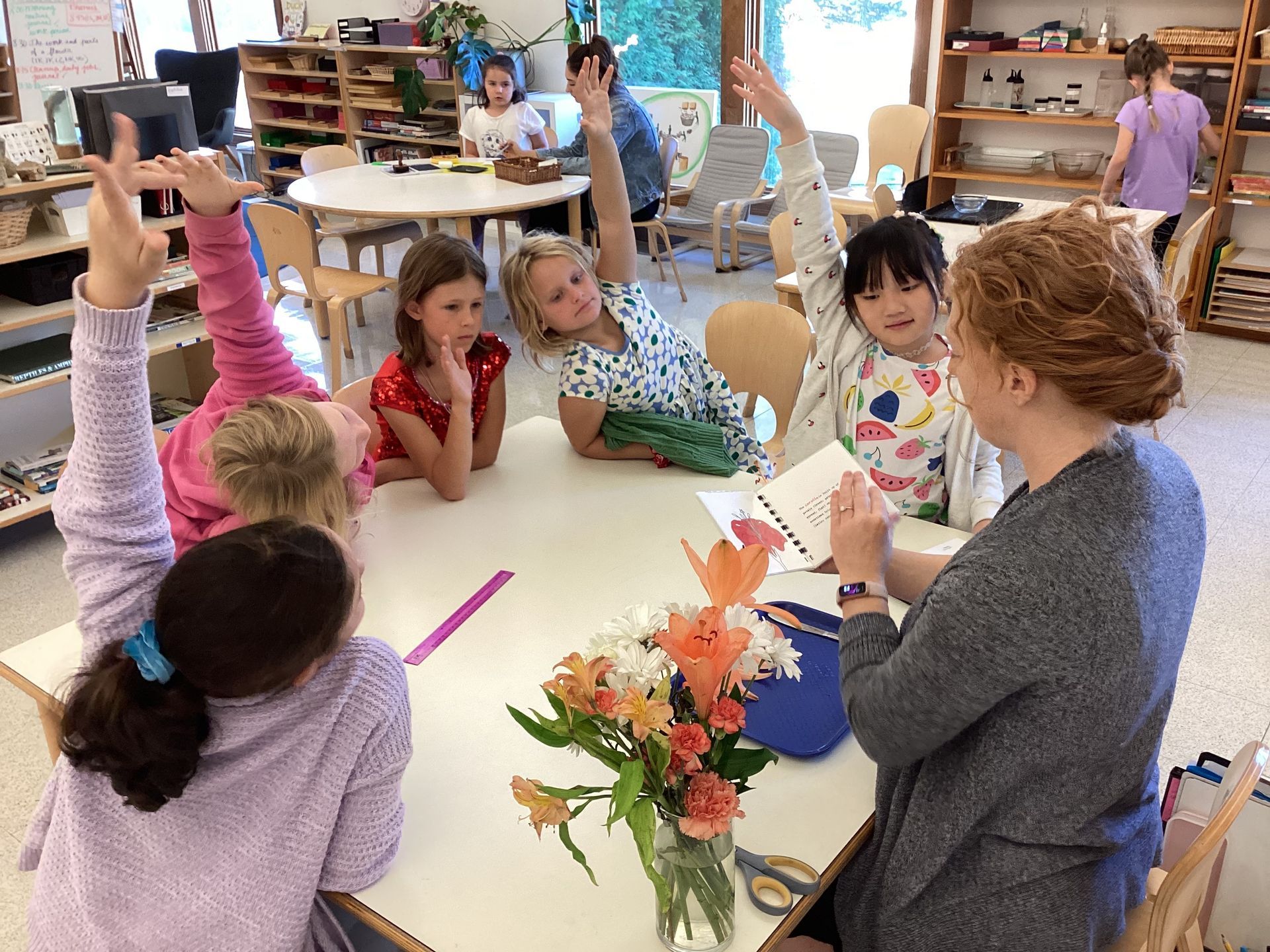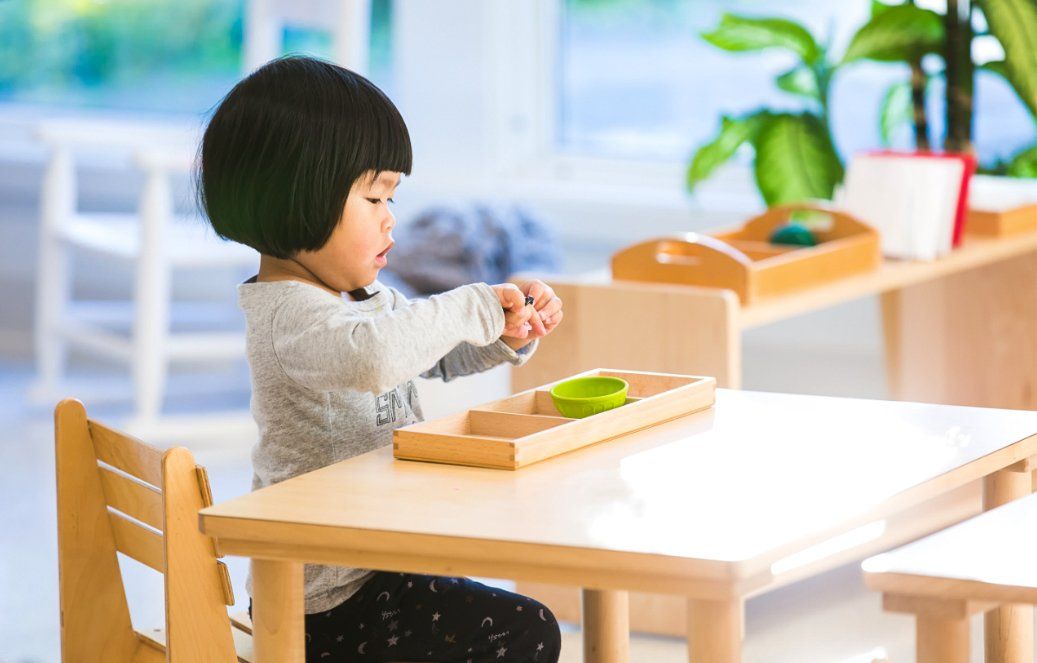
Montessori education has been successfully serving children and families around the world for over a century, remaining an agent of consistency and peace through global wars, social change, and, now, a pandemic. The principles remain—and for good reason. Our methods are consistently backed by current research in education, neuroscience, and human development. As we move forward into a new future, we believe Montessori has what it takes to prepare children both during an unpredictable time and the years beyond it.
Montessori Meets Children Where They Are, Without Judgment
Conventional methods of education were developed specifically to prepare large numbers of children to enter the workforce. Traditionally, little thought has been given to differentiating instruction or catering to the needs of individual children, nor does it have the flexibility to consider a new kind of workforce for today’s children. Though current trends in standard education recognize the need for this individualized approach, schools and teachers often have their hands tied. When tied to state testing and standards, there is little room for teachers to authentically attend to each child’s individual needs.
Montessori schools are specifically designed to allow each child to move at their own pace. We know that learning is not linear and that children are not ready to learn specific skills according to an adult-prepared timeline or in perfect harmony with their peers. Children who need more support with certain skills can receive that support, and those who are ready to move ahead can seek out the challenges they crave. We do not teach a whole class of children the same skill at the same time; though seemingly efficient, it does not necessarily serve children. No two people should be expected to grow at the same rate, and it’s our job as educators to meet children where they are and give them the support they need to reach their potential.
Montessori Emphasizes More Than Just Academics…
Many schools may use the phrase ‘teaching the whole child.’ In a Montessori setting, we mean it. We do not teach just to convey academic information but instead focus on the integration of subject matter and real-life issues. In fact, academics share equal emphasis alongside the child’s emotional, social, and physical development. Art and movement naturally integrate into the child’s everyday activities rather than being isolated as separate areas of study. We intentionally teach children how to navigate and resolve social conflict and guide them to adapt to common courtesies and social norms. We also support their independence from a very young age, inviting them to be active agents in their learning from the beginning.
Our greatest task is, we believe, to give children a global view of the world. We want them to understand the interconnectedness of all people and things so that they may become fully integrated members of their greater community.
…But the Academics Are a Huge Strength
All this considered, the academic curriculum in Montessori classrooms often exceeds what parents would find in a typical classroom setting. It is not uncommon to see four-year-olds in our schools reading, six-year-olds completing long division problems, and nine-year-olds classifying botanical specimens. Children complete these tasks joyfully, in part because we present information in such a way that children discover it for themselves rather than passively taking in facts given by an adult. They feel the excitement in learning because they hold an active role in choosing their everyday activities.
Another reason Montessori students seem to work at an advanced academic level is because of our teacher’s attention to what we call sensitive periods. Through years of observation, Dr. Maria Montessori noticed that young children seemed particularly interested and ready to develop certain skills during specific time periods in their childhood. While there is variation between individual children, she noticed some general patterns that have helped us develop our curriculum. One interesting example is that of the study of geometry. Many of us were first exposed to the subject during our high school years. However, based on Montessori’s years of observation, Primary- and Elementary-aged children are not only interested in geometry, but have a great capacity to retain much more information than we would typically expect. Because of this, you may hear your five-year-old talking about rectangular prisms or your seven-year-old discussing the differences between isosceles, right, and scalene triangles.
Our Schools Cultivate Community
A Montessori school is more than just a school. First and foremost, we are there for our students in the midst of both celebrations and crises. We believe schools have the capacity to be so much more than a place to learn. We aim to make meaningful connections across classrooms, families, and our greater community. At Chesterfield Montessori School, we do this by:
- Giving our guides opportunities to connect with one another for professional development
- Encouraging our guides to form connections within the larger Montessori network
- Making sure parents and guides have ample time to discuss the child’s growth and needs
- Providing opportunities for parents to form relationships with one another
- Supporting families through Parent Education evenings and other events
- Gathering as a whole school periodically
- Cultivating bonds between children at different levels
- Reaching out to make connections with the local community
- Giving our educators and families a voice in school decision making
We also believe that it is our job to take the guesswork out of making these types of connections. We aim to build in structures that make it simple for everyone to find commonalities and open streams of communication seamlessly. Though this has been reshaped in the time we’ve been apart for Distance Learning, we’ve developed outlets through which children and families can stay safely and meaningfully connected.
Montessori Aims to Lift Up Humanity
Lifting humanity may seem like a lofty goal for your child’s school. From the very beginning, however, Dr. Montessori saw it as her mission to improve the world through education. She believed that by giving children the honor and respect they deserved, the benefits would ripple through to families, the community, and society at large. She believed in equality of all people and saw that education has the potential to be a great source of peace for future generations.
Montessori schools around the world aim to cultivate peace. Peace starts between individuals and teaching our youngest students how to be kind and gracious toward one another. Our teachers also impart respect for the environment and reverence towards the wide diversity of cultures around the globe—many of which are represented in our diverse school community. Combined, these elements are meant to cultivate within the child a respect for themselves and others, as well as a desire to ensure compassion and equity for all.
Choosing a Montessori education for your child means choosing a path for an independent, confident, peaceful, globally-minded young person to emerge before your eyes. In the midst of uncertainty in our world, we would love to support you and your family in the process.
